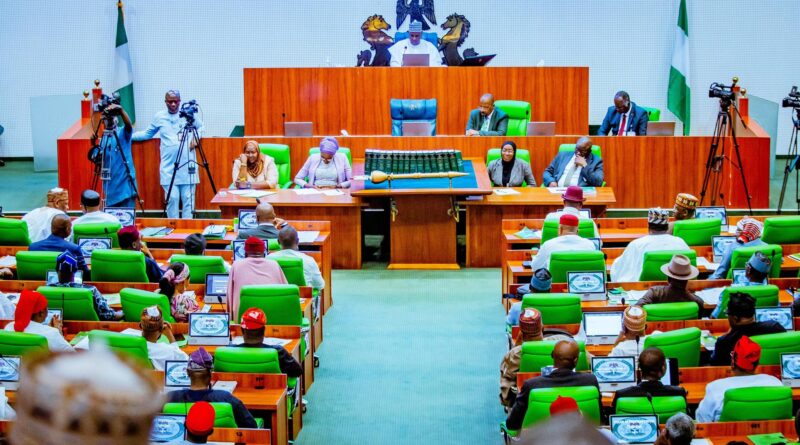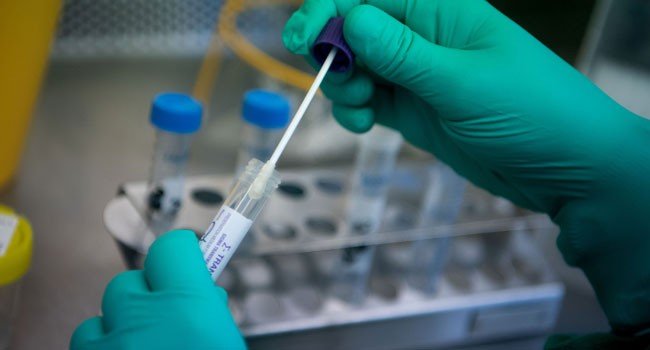Adulterated Fuel Imports Investigation Committee Dissolved
The House of Representatives has dissolved the existing ad hoc Joint Downstream and Midstream Committee, which is looking into the importation of contaminated petroleum products, the scarcity of crude oil for domestic refineries, and other energy security concerns.
Rep. Akin Rotimi, the House Spokesman, stated that the decision was made during the committee’s final Monday meeting.
According to Akin, the ad hoc committee has been abolished, and a new one will be formed.
He stated, “The leadership of the House of Representatives has decided to dissolve the current ad hoc Joint Downstream and Midstream Committee.”
“Initially tasked with investigating the importation of adulterated petroleum products, the non-availability of crude oil for domestic refineries, and other critical energy security issues, this committee will be succeeded by a newly constituted ad-hoc committee with the same mandate.”
Akin continued, “To ensure the efficacy and independence of this investigation, the new committee will be comprised of honorable members chosen for their expertise, competence, and integrity.”
“The House remains determined to address these critical problems and provide comprehensive oversight. Further information on the new committee’s operations will be supplied in due course.”
Earlier in the meeting, the Deputy Speaker, Benjamin Kalu, speaking on behalf of the Speaker, Tajudeen Abbas, voiced worry about the reappearance of gasoline lineups at petrol stations.
the rising price of Premium Motor Spirit, and the scarcity of crude oil feedstock for domestic refineries.
Kalu stated that the probe would also look at other concerns affecting the sector, highlighting the importance of complying with global standards for the quality of petroleum products imported into Nigeria.
He emphasized that the Nigerian Midstream and Downstream Petroleum Regulatory Authority and the Standards Organisation of Nigeria must ensure that all gasoline imported into the nation is extensively tested in laboratories to meet standard sulfur and octane levels.
“It is intolerable that the petrol imported into the country has high quantities of sulfur, lead, and poor octane values. This has previously resulted in socioeconomic losses, including damage to car engines.
One crucial component we must address is the quality assurance infrastructure, which allows for comprehensive testing of petroleum products while adhering strictly to normal manual sampling practices,” Kalu stated.
He entrusted the joint committee with reviewing the quality and number of laboratories used for testing by both the NMDPRA and the SON, as well as providing actionable suggestions.
The ad-hoc committee led by the Chairman of the House Committee on Petroleum Downstream, Ikenga Ugochinyere, has been calling for the resignation of Mele Kyari, the Group Chief Executive Officer of the Nigerian National Petroleum Company Ltd, while another group of 50 lawmakers has called for his retention.
The MPs, led by Billy Osawaru (Edo State), stated that calling for Kyari’s removal while an inquiry is underway is against legislative culture.



